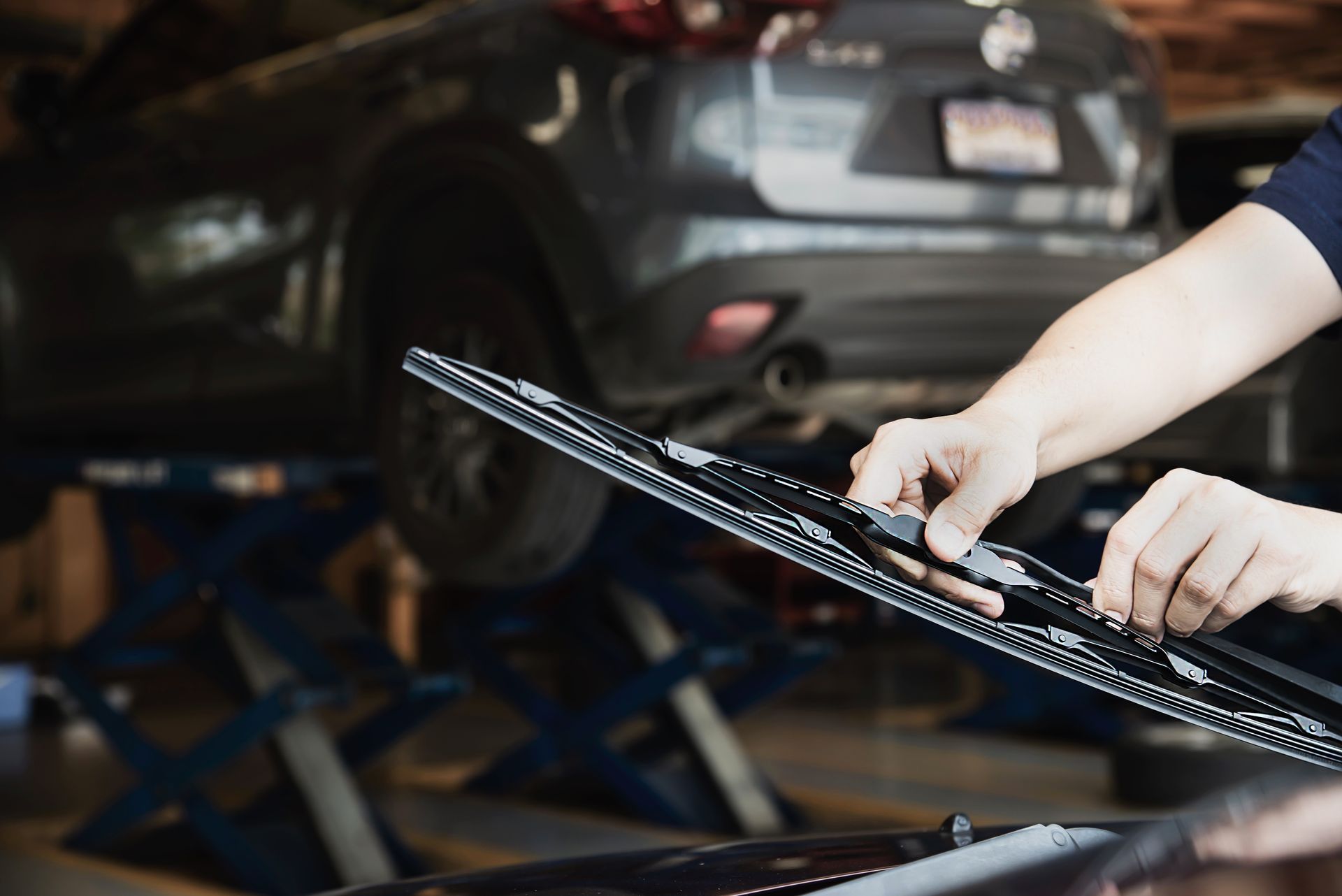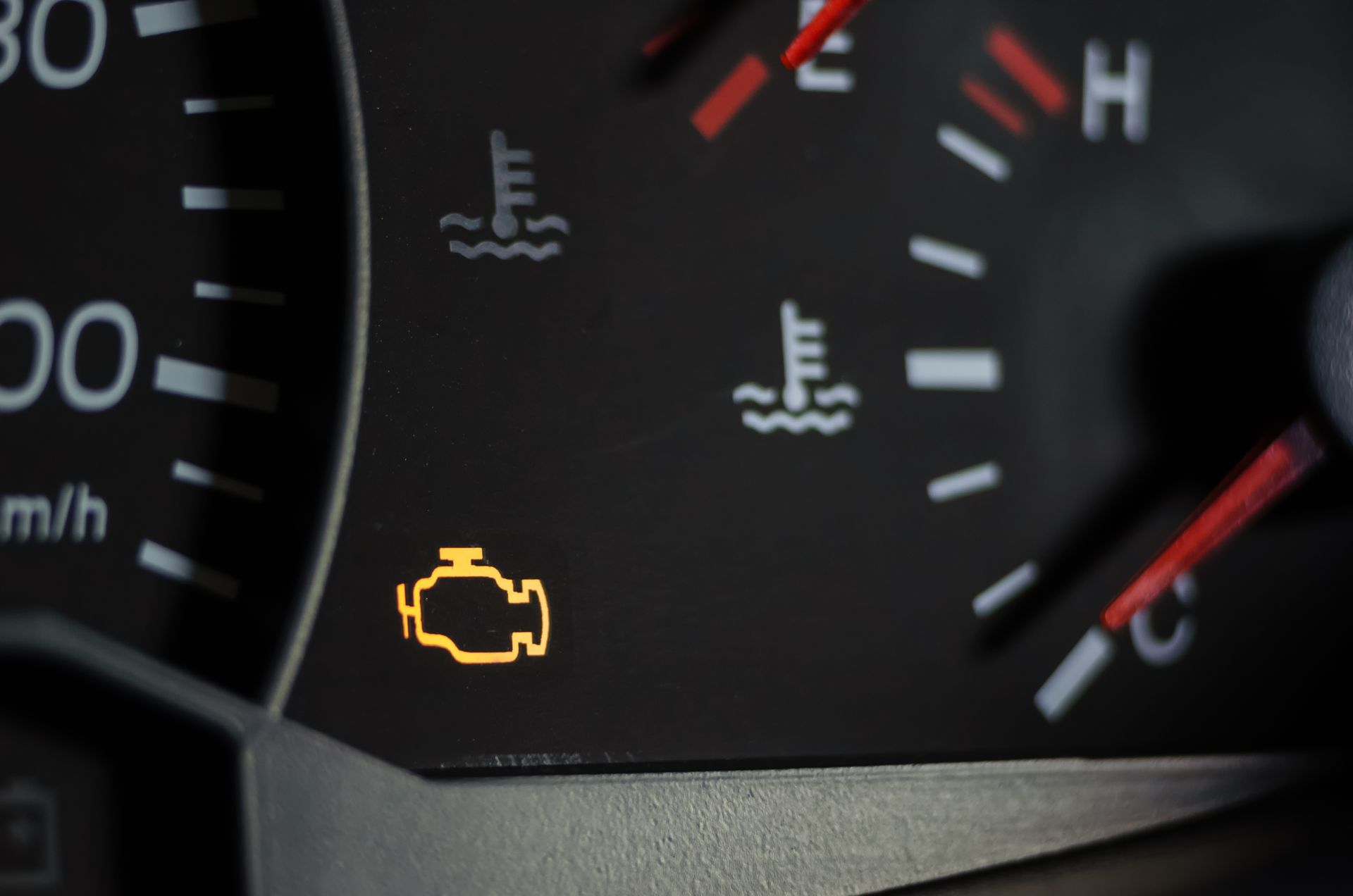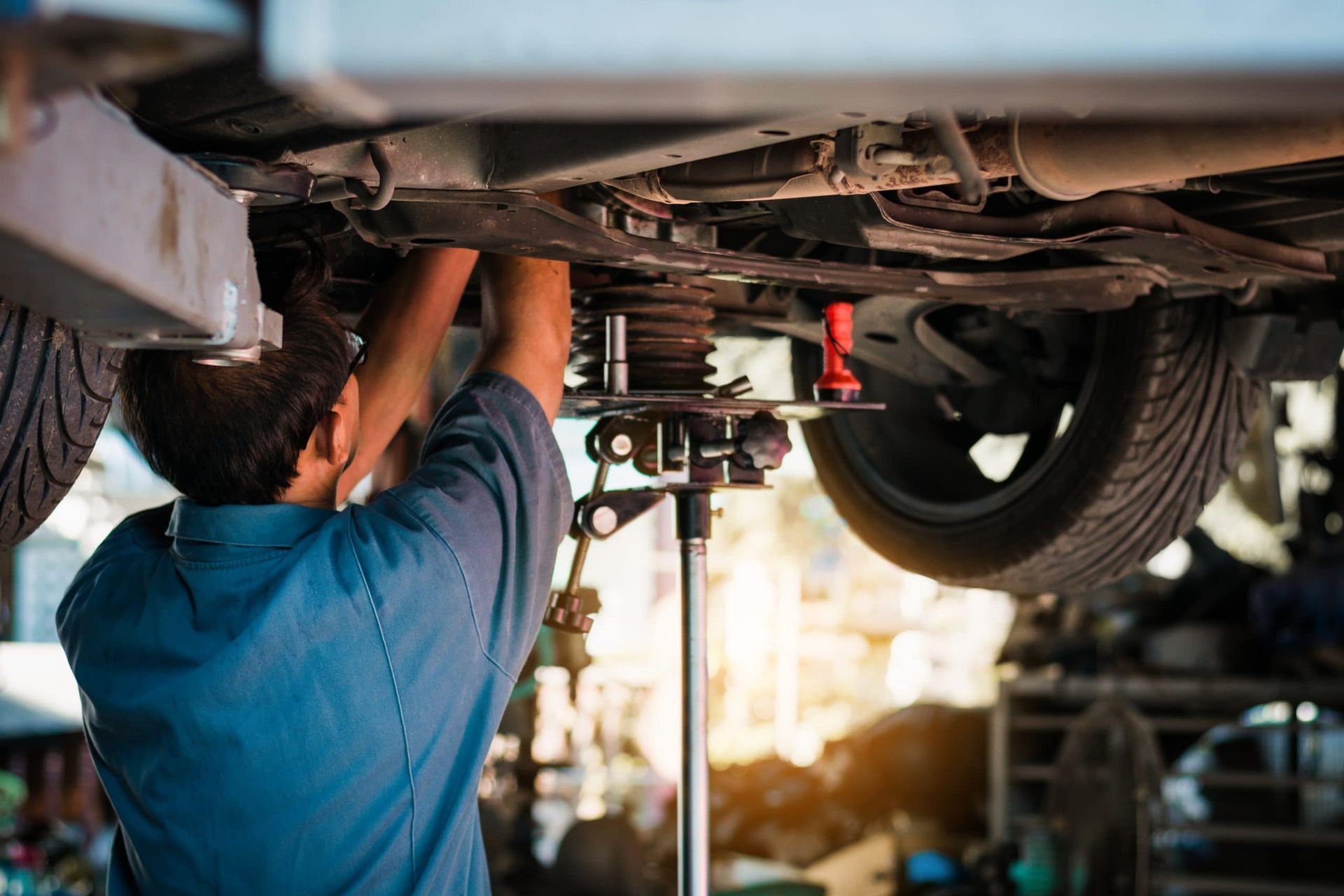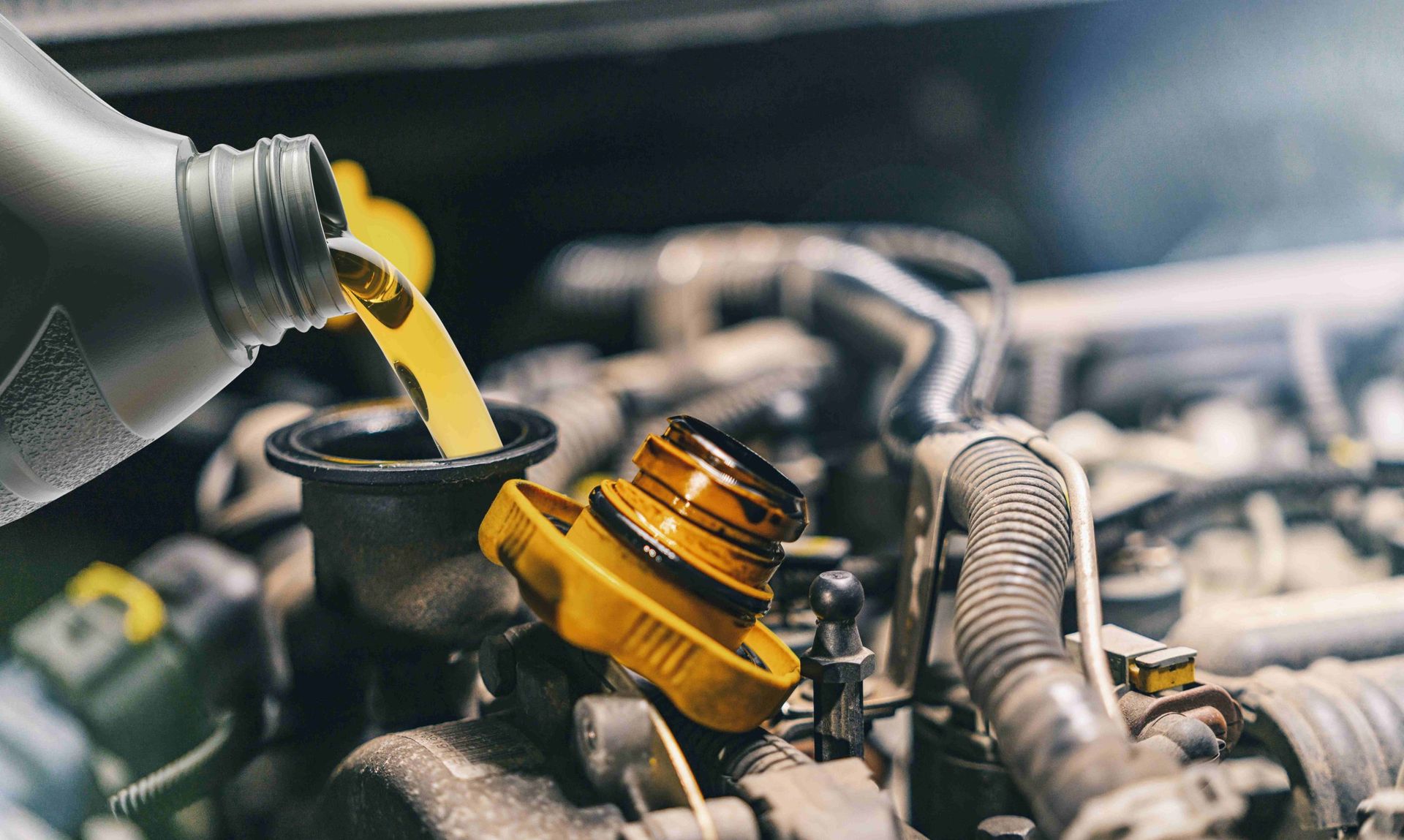Why Do Tires Wear Unevenly? A Deep Dive into Tire Rotation
Have you ever wondered why your car tires wear out unevenly? It's a common concern among vehicle owners, and understanding the reasons behind it can save you money and keep you safe on the road.
What Causes Uneven Tire Wear?
Several factors contribute to uneven tire wear, including:
- Driving Habits: Aggressive driving, such as hard braking and accelerating, can wear out tires unevenly. Pinkston Automotive Services Group in Charlotte, NC recommends practicing smooth driving techniques to extend tire life.
- Improper Tire Inflation: Underinflated or overinflated tires can wear out faster on certain parts of the tread. Regularly check your tire pressure to ensure it's at the manufacturer's recommended level.
- Wheel Alignment Issues: Misaligned wheels can cause uneven tire wear, especially if left unaddressed for an extended period. Pinkston Automotive Services Group offers professional wheel alignment services to correct any alignment issues.
- Lack of Tire Rotation: One of the most common reasons for uneven tire wear is neglecting to rotate your tires regularly. Front tires typically wear out faster than rear tires due to steering and weight distribution. By rotating your tires, you ensure that they wear out evenly, prolonging their lifespan.
Why is Tire Rotation Important?
Regular tire rotation offers several benefits:
- Extended Tire Life: By rotating your tires, you distribute the wear more evenly, which extends the lifespan of your tires. This saves you money in the long run by delaying the need for premature tire replacements.
- Improved Performance: Even tire wear ensures optimal performance and handling of your vehicle. You'll enjoy smoother rides and better traction, especially in challenging road conditions.
- Enhanced Safety: Uneven tire wear can compromise your vehicle's safety by reducing traction and stability. Properly rotated tires maintain consistent tread depth, reducing the risk of accidents due to tire blowouts or loss of control.
- Maintained Warranty Coverage: Some tire manufacturers require regular tire rotation as part of their warranty coverage. By adhering to their recommended maintenance schedule, you ensure that any potential warranty claims remain valid.
When Should You Rotate Your Tires?
Pinkston Automotive Services Group recommends following the tire rotation schedule outlined in your vehicle's owner's manual. Typically, tire rotation is recommended every 6,000 to 8,000 miles, or during every other oil change. However, it's essential to consider factors such as driving habits and road conditions, which may require more frequent rotations.
Conclusion
Understanding the importance of tire rotation is crucial for maintaining your vehicle's performance, safety, and longevity. By addressing common causes of uneven tire wear and adhering to a regular maintenance schedule, you can maximize the lifespan of your tires and enjoy a smoother, safer driving experience. Visit Pinkston Automotive Services Group in Charlotte, NC for professional tire rotation and maintenance services tailored to your vehicle's needs.
Follow us
Pinkston Automotive Services Group
Services
List of Services
Follow us
Pinkston Automotive Services Group




© 2025 Pinkston Automotive Services Group. All Rights Reserved | Website managed by
Shopgenie
We use cookies so you get the best experience! To learn more, go to the Privacy Policy Page.







